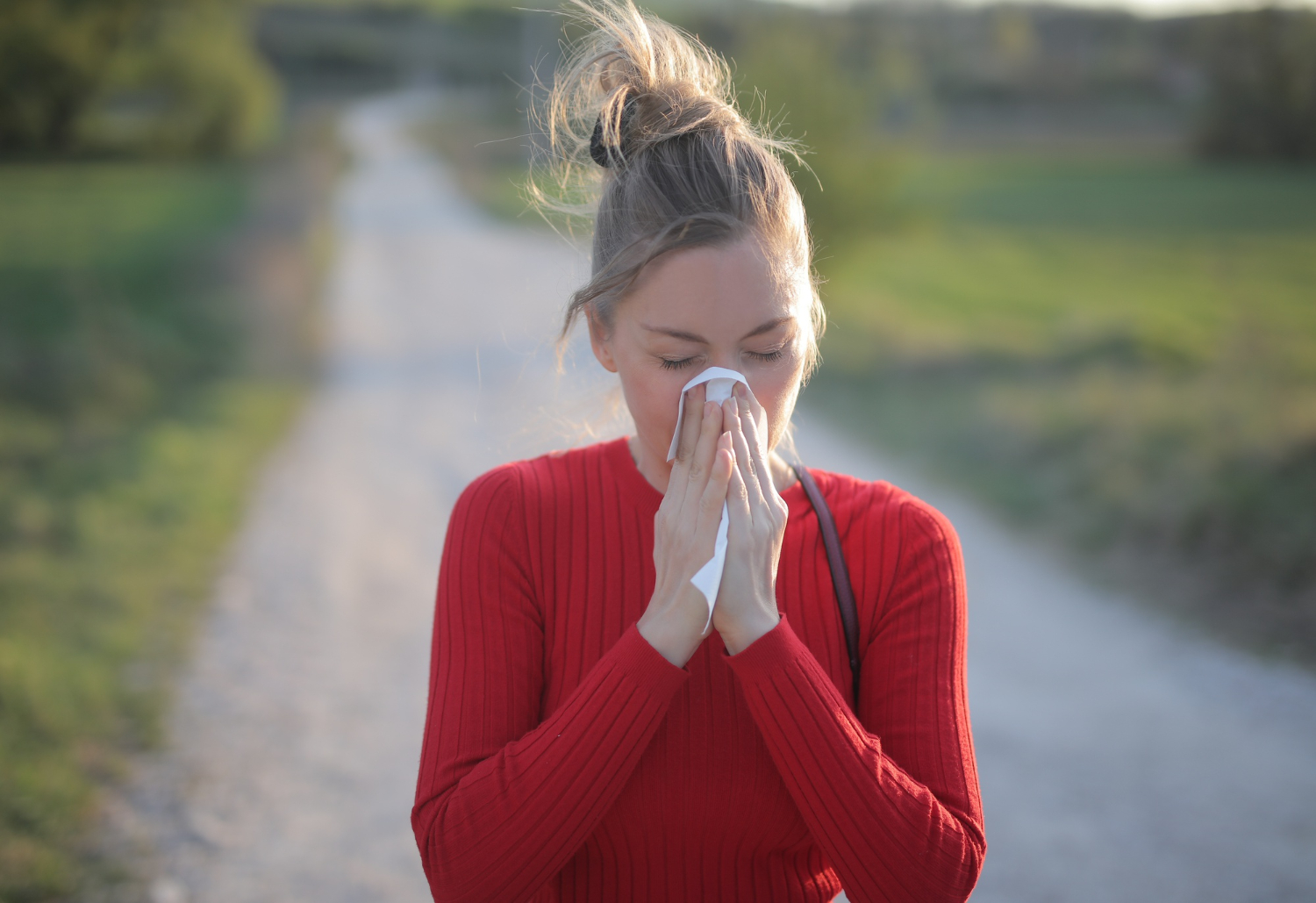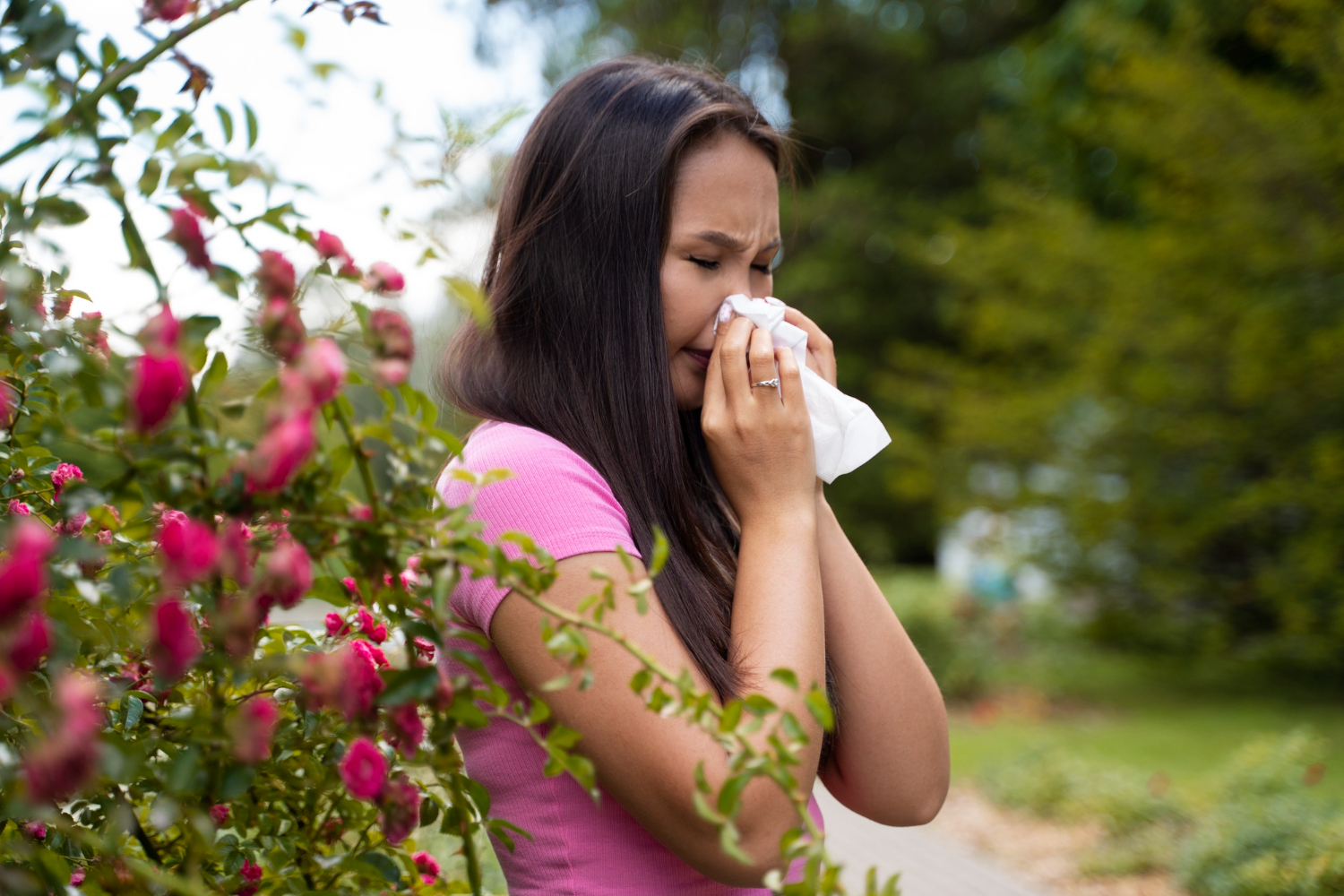
Grass Allergy Symptoms
You are not alone when you experience an allergic reaction like a runny nose or itchy skin when in contact with freshly cut grass. Many people around the world are allergic to grass pollen. However, there are ways to control and minimize allergic reactions.
People who live in warmer climates such as Texas, Florida, and Arizona may have to deal with grass year-round, but it is most pronounced in the spring and summer when the grass is not dormant and pollinates. Even a smaller amount of grass pollen may cause your body to react.
Allergy to Grass: Symptoms.
Allergies to grass pollen are relatively common and can cause a range of symptoms, including hay fever, rhinitis, and inflammation of the mucous membranes. The allergic reaction may be activated either immediately on contact with the allergen, or after a certain amount of time. Grass pollen allergy is very common and can be severe and cause discomfort.
Sneezing
Allergic rhinitis also known as hay fever can cause sneezing due to exposure to grass. The pollen in the grass releases particles and chemicals that develop cold-like symptoms. This results in blocked nose and sneezing, which usually lasts as long as the person is exposed to the pollen.
A Runny Nose
Symptoms like a runny or stuffy nose seem mild, but can interfere with sleep and daily activities. It can eventually become severe and persist for longer periods, causing discomfort and irritation.
Itchy ENT
Itchy ears, nose and throat could indicate an allergic reaction to grass pollen. It is frustrating to have a scratchy and itchy sensation around your throat, tongue, ears and nasal area that you could do nothing about.
This itching can sometimes cause swelling of the tissues around the roof of the mouth. It usually lasts only a few minutes. But the itching caused by grass allergy can become overwhelming and last for hours, days, or even longer. It can interfere with and affect your daily activities.
Red and Watery Eyes
The eyes are the most sensitive part of the human body. Eye allergies occur when an irritating substance like grass pollen comes into contact with the eyes. The eyes can become inflamed as a result of an allergic reaction. The redness and itching of your eyes may increase over time. The severity and symptoms of eye allergies can vary from person to person.
Swelling Around the Eyes
A person allergic to grass pollen may have swelling around the eyes causing them to become red, teary, and itchy, as blood vessels swell due to the allergic reaction.
A most common type of eye allergy is called seasonal allergic conjunctivitis. The symptoms may be subtle, and other eye conditions such as dry eyes and blepharitis can exacerbate them.
Worsening Asthma Symptoms
An environmental allergy such as a grass allergy can cause shortness of breath. It affects the airways in multiple ways which results in dyspnea. Difficulty in breathing is the most dangerous reaction as it can affect your lungs and cause asthma and chronic obstructive pulmonary disease.
If you’re facing even mild difficulty in breathing, seek immediate medical attention and treatment.
If you are experiencing any symptoms when in contact with grass, contact an allergist who can accurately diagnose your allergy. Depending upon the test result, Frontier Allergy allergists can discuss a suitable course of treatment with you.
Frontier Allergy takes care of the symptoms and helps you with specific needs and treatment of Grass Allergy.
Please call 512-382-1933 or email clinic@frontierallergist.com to schedule an appointment today!

Written/Reviewed by: Dr. Neha Reshamwala
NPI number: 1780874578
Page last reviewed: 03/12/2024


 All blog posts
All blog posts





